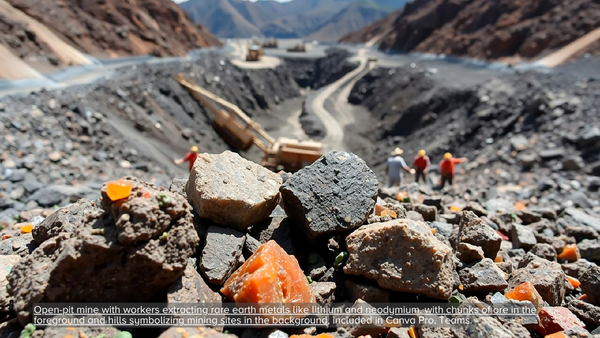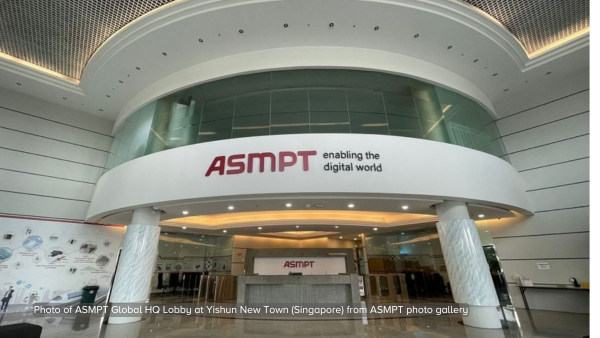The new regulation obliges companies in the European Union to make sure their supply chains do not contribute to funding armed conflict. The regulation on conflict minerals covers the imports of tin, tantalum, tungsten and gold. The due diligence rules will become binding from 1 January 2021.
The minerals tin, tantalum, tungsten and gold are used in products like mobile phones and jewelry. These minerals are often extracted in conflict-affected areas where armed groups fund their activities with the mining earnings and use forced labor to extract the minerals.
The European due diligence regulation is based on the 2011 OECD Guidelines, which is used as an international benchmark for supply chain due diligence. It involves ensuring product traceability and responsible sourcing for the ‘upstream part’ of the production process involving extraction and refining. The EU regulation will cover 95% of all EU imports of metals and minerals, leaving out small volume importers. The European Commission will develop a handbook, including also non-binding guidelines, to help companies with identifying conflict-affected and high-risk areas.
Read more here.









